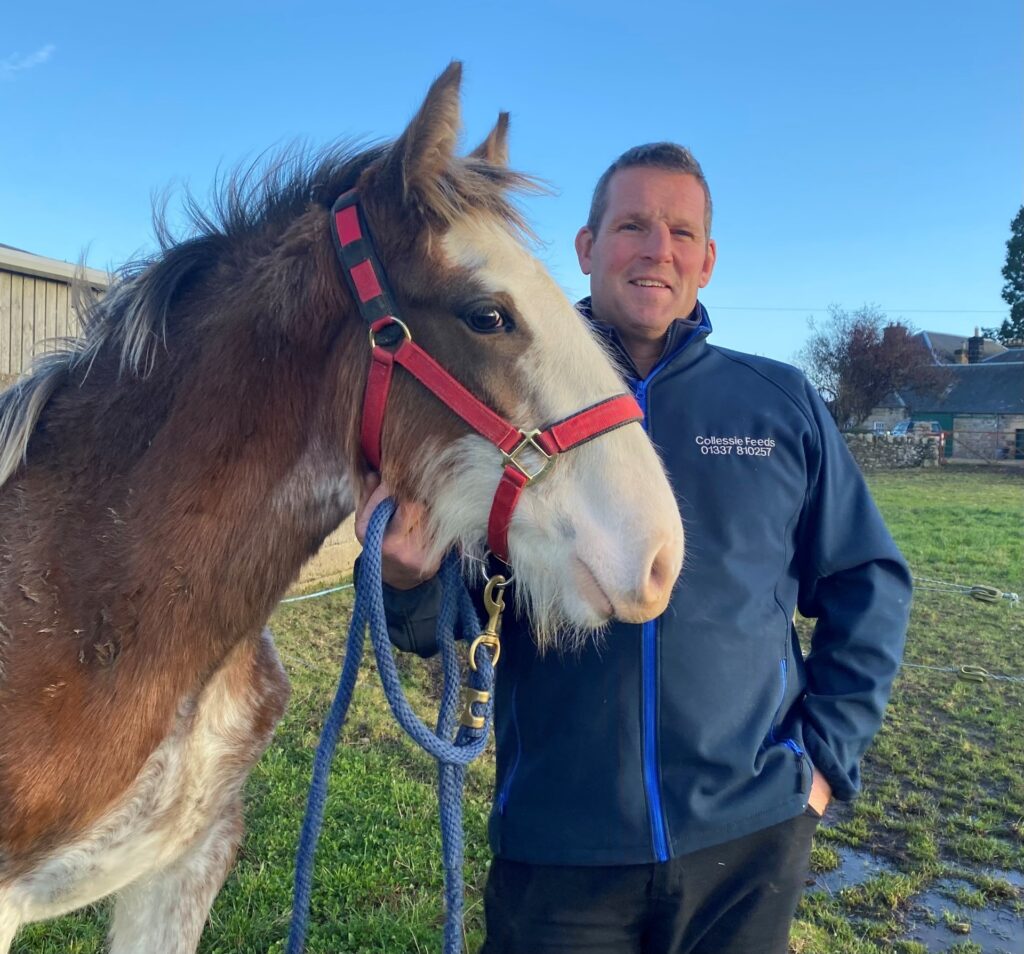A SCOTS charity has offered farmers over the age of 40 the chance to be assessed for dyslexia.
The Royal Scottish Agricultural Benevolent Institution (RSABI) is working with Dyslexia Scotland to raise awareness of the challenges many involved in farming face with dyslexia.

The campaign was launched during Scottish Dyslexia Awareness Week (November 1 – 7) and is aimed at raising awareness of how to make information in farming more dyslexia-friendly by taking simple steps to improve communications.
Around 25% of Scotland’s farmers are estimated to have dyslexia, according to research undertaken several years ago by Dyslexia Scotland working with farming organisations.
However, one of the challenges is that many farmers, particularly those over 40 years old, may never have been formally assessed for dyslexia.
In response to this, during the months of November and December 2023, RSABI will be offering farmers and crofters who may have dyslexia a free professional assessment.
A free assessment, which typically costs around £500, people involved in farming or crofting in Scotland should contact RSABI’s 24-hour freephone Helpline – 0808 1234 555.
In support of Dyslexia Awareness Week, RSABI has also launched a powerful video interview with Fife farmer Pete Black about how the impact of dyslexia on his life and farming career.
Pete, who farms at Newton of Collessie, spoke openly about having dyslexia when the Black family appeared in the “This Farming Life” series.
Pete shared how he didn’t realise that he had dyslexia until he was an adult by which time he had developed a range of coping strategies.
He added that there are times, such as when he wants to clarify something on official websites which involve monochrome and block text, particularly with complex jargon, can be very difficult to process.
Pete also added that it is great to see children these days benefitting from dyslexia being picked up much quicker and at an early stage in primary education, so that children can be taught techniques and strategies to help them from a young age.
Speaking to Pete he said: “When I was at school in the 1990s dyslexia wasn’t spoken about very much but I knew I was always last to finish my reading.
“The words would jumble in my head when I was looking at them and then they would jumble even more when I tried writing them down.”
“Teachers these days are spot on and for my age group and older the awareness is becoming better, which is fantastic.
“I am lucky to do a job I love but it was a great relief to me to discover that I had dyslexia and to know that the reason I was struggling wasn’t down to a lack of effort or not trying hard enough.”
“My advice to any young person, and especially those in farming, is dyslexia should not hold you back in any way.
“You just have to find the best management technique for yourself – whether it is different fonts or different colours of paper you read from.
“Try not to worry as there are hundreds of successful people living life to the full who have dyslexia and it has not stopped anyone doing anything.
“It is just a different way to look at a problem.”
Carol McLaren, Chief Executive of RSABI said:
“We are regularly contacted by farmers who are struggling with dyslexia and we know it can be worrying and distressing to be struggling to read and understand information, particularly for farmers with dyslexia living on their own.
“The reality is that simple steps like using certain fonts, avoiding white paper or backgrounds and block text can make a big difference, along with providing video and infographic content.”
Cathy Magee, Chief Executive of Dyslexia Scotland said: “It’s very encouraging to see the work being done by RSABI to raise awareness about dyslexia and to offer support for those who need it in the farming community.
“We particularly welcome initiatives such as RSABI’s offer of a free dyslexia assessment to farmers and crofters during the months of November and December 2023.
“As the cost of an adult dyslexia assessment is so high, there are many who simply cannot afford to get assessed, which in turn means they can’t access the support they need.
“This is an excellent example of an organisation that is leading the way as a changemaker working towards a dyslexia-friendly Scotland.
“We hope other organisations will follow their lead.”
RSABI is also encouraging farmers and others involved in the agricultural industry to be open and proactive in sharing positive stories about dyslexia to help drive awareness and change.
It also offers free practical, financial, and emotional support including counselling services, delivered quickly after receiving the initial enquiry.
The free confidential support service is available 24 hours a day, every day of the year, by calling 0808 1234 555 (calls won’t show up on phone bills) or through a confidential webchat service.
More information can be found on the website.

